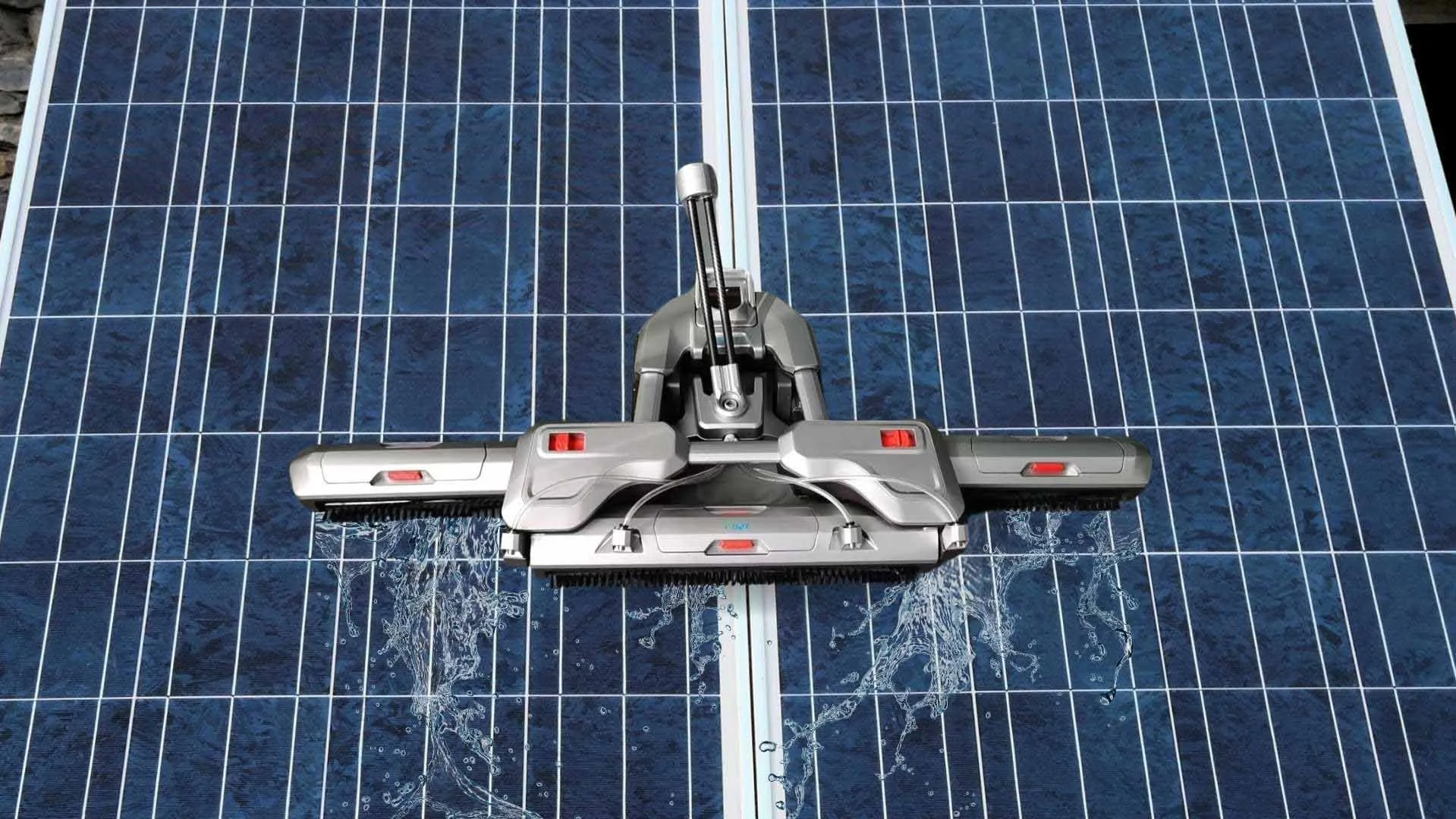Reducing Carbon Footprint with IFBOT Solar Cleaning Robots
How IFBOT Robotic Cleaning Solutions Support a Greener Planet
As the world shifts towards renewable energy, ensuring that solar panels operate at peak efficiency is more important than ever. However, the environmental gains of solar technology can be diminished if traditional maintenance methods rely heavily on water waste, chemical cleaners, and manual processes with a large carbon footprint.
That’s where IFBOT steps in—offering a new way forward.
With cutting-edge systems like the IFBOT X3, IFBOT M20, and the innovative IFBOT UAV drone integration, we make solar panel maintenance smarter, greener, and dramatically more sustainable.
Let’s dive into how robotic solar panel cleaning solutions can directly contribute to reducing the global carbon footprint.
The Hidden Impact of Traditional Solar Panel Cleaning
Cleaning solar panels is critical: dirty panels can lose up to 30% of their energy output over time (source: NREL). However, traditional cleaning often comes with environmental downsides:
High water consumption (especially harmful in arid regions)
Chemical runoff that pollutes local soil and waterways
Carbon emissions from transportation and manual labor operations
While solar itself is clean energy, inefficient and wasteful maintenance methods create an unnecessary burden on the environment.
How IFBOT Revolutionizes Solar Panel Maintenance
🌿 Water-Free Dry Cleaning with IFBOT X3
The IFBOT X3 is a lightweight, dry-cleaning robot designed for maximum energy efficiency without using a single drop of water.
✅ Dry nano-brush technology removes dust and debris with precision.
✅ Zero chemical cleaners required, preserving natural ecosystems.
✅ Lightweight design (only 6.2 kg) minimizes transportation emissions.
Perfect for remote, mountainous, and water-scarce locations, IFBOT X3 helps maintain solar panel performance sustainably.
💧 Smart Water Use with IFBOT M20
For regions where a small amount of water is necessary, the IFBOT M20 uses a built-in water tank and optimized spray system:
✅ Minimizes water usage by targeting only where needed.
✅ Self-cleaning brush system prevents excessive cleaning cycles.
✅ Foldable, mobile design means fewer large maintenance vehicles are needed, reducing emissions.
By carefully managing water use, the M20 strikes a balance between cleanliness and conservation.
🚁 Drone Integration for Cleaner Operations
The IFBOT UAV system takes sustainability a step further.
Instead of relying on trucks, cranes, or manual labor for deployment, drones deliver and retrieve cleaning robots autonomously:
✅ Zero-emissions deployment to rooftops and solar fields.
✅ Less ground traffic, reducing site disruption and pollution.
✅ Safe and efficient operation in hard-to-reach areas, increasing overall energy yield.
By integrating drones, IFBOT reduces both the carbon footprint of operations and the risk to human workers.
Real-World Impact: Cleaner Panels, Cleaner Planet
The combination of water conservation, chemical-free maintenance, and reduced ground logistics through automation means that every IFBOT deployment contributes directly to:
Increased solar power output (up to 30% higher efficiency)
Lower CO₂ emissions compared to manual maintenance teams
Preservation of local ecosystems by eliminating harmful chemical runoff
Stronger ROI for solar farm owners, encouraging more renewable energy adoption
When solar panel cleaning is done sustainably, it magnifies the environmental benefits of solar energy itself.
Conclusion: Choose IFBOT for Sustainable Solar Success
Every watt matters. Every drop of water counts. Every decision to automate solar maintenance with IFBOT makes a measurable impact on the environment—and on your long-term energy gains.
🌱 Whether you're managing a residential rooftop, a sprawling solar farm, or a floating PV installation, IFBOT X3, M20, and UAV systems deliver smart, eco-conscious maintenance solutions that help protect our planet.
📩 Ready to reduce your carbon footprint while maximizing your solar efficiency?
Contact IFBOT today to discover the smarter way to clean solar panels—without costing the Earth.


